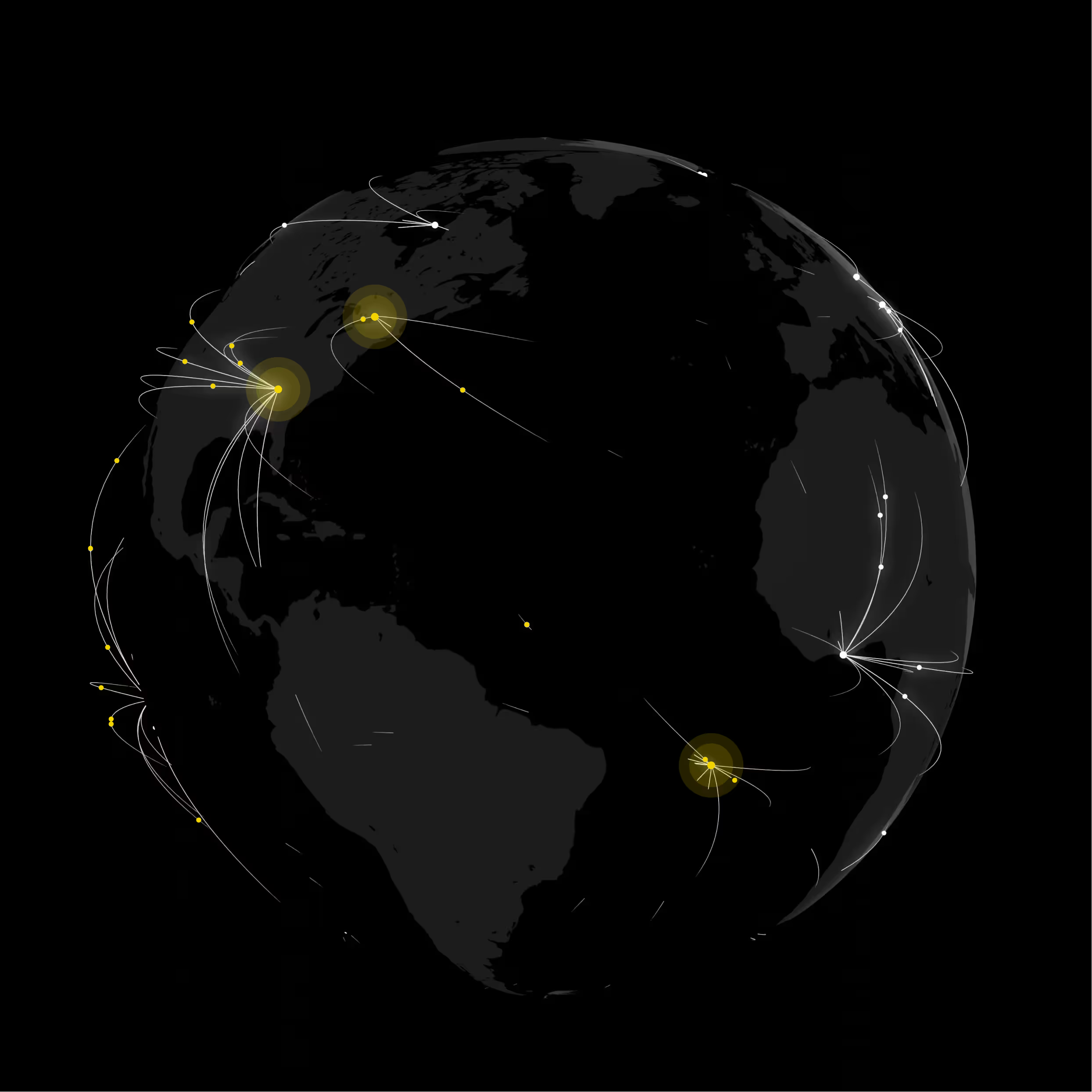
Get Street-Level Insights
Myrtle Beach, South Carolina, USA, has gained notoriety for its beautiful coastline and as a popular destination for vacationers seeking sun, sand, and entertainment. However, like any bustling tourist hotspot, it has its issues with crime and safety. Crime rates have fluctuated over the years, with a notable peak during the summer months when tourists flood the area. Property crime remains one of the most common offenses, although violent crime rates are higher than the national average. The city's response to crime has included an increased police presence and investment in surveillance technology. Protests have been relatively rare, but when they occur, it's typically in response to national issues or local disputes, often peacefully resolved with little to no escalations.
Given the transient population mix of tourists and residents, Myrtle Beach's crime rates might concern some visitors, but the city continues to be a draw for millions each year due to its attractions and events. Nicknamed "The Grand Strand," Myrtle Beach is famed for its 60-mile stretch of beaches, golf courses, and as the hub of the annual Harley Davidson rallies that bring in motorcycle enthusiasts from across the country. Concerns over "crime in Myrtle Beach" have prompted the city to take action, initiating programs aimed at supporting the youth, addressing socio-economic factors conducive to crime, and improving relations between law enforcement and the community. This focus on the root causes suggests a commitment to long-term safety and stability.
Moving to contemporary history, "crime in Myrtle Beach" has become an element of focus for local authorities, especially in maintaining the city's reputation as a family-friendly destination. Efforts to curb crime are particularly visible during peak seasons like spring break and summer months when there are more tourists — and potential targets for petty criminals. Initiatives range from simple police advisories to complex multi-agency operations targeting specific problems like drug trafficking and gang activity. Encouraging community policing and event-specific safety measures during large-scale events and festivals are also part of the strategy to maintain a secure environment for both tourists and residents.
Local Security Tips
- Myrtle Beach Boardwalk and Promenade: Stay aware of your surroundings, especially at night. Keep valuables secure and out of sight.
- Broadway at the Beach: It's recommended to visit in groups and monitor your personal belongings at all times. Parking areas can be targeted for break-ins.
- SkyWheel Myrtle Beach: Wait times can be long; remain vigilant and keep your wallet and phone secure to prevent pickpocketing.
- Myrtle Beach State Park: Although this area tends to be quieter, don't leave valuables unattended. Wildlife is present, so read and follow park rules for your safety.
Local Regulations
Firearm Policy
Open carry of handguns was recently authorized for those with permits. Concealed weapon permits are recognized from some other states. People are advised to familiarize themselves with local laws, as firearm regulations may differ from other areas, particularly regarding carrying weapons on the beach or in bars.
Public Drinking Policy
Open containers of alcohol are prohibited in all public areas including the beach. Public intoxication can lead to arrests or fines. Local bars and restaurants enforce age restrictions rigorously.
Emergency Contact Lists
Department for non-emergency services
For non-emergencies, contact the Myrtle Beach Police Department at +1 (843) 918-1382. This number can be used for situations that require police response but are not urgent or life-threatening.
Leading Hospitals
- Grand Strand Medical Center: +1 (843) 692-1000
- Tidelands Waccamaw Community Hospital: +1 (843) 652-1000

Make Data Driven Security Recommendations

Know the neighborhood
Boundary maps make it easy to see the varying risk profile of communities within a city.

Identify hotspots
Heat maps demonstrate specific areas where relevant activities are known to be concentrated.

Delve into the details
Drill down to the latitude longitude of individual events for maximum context informing security recommendations.












